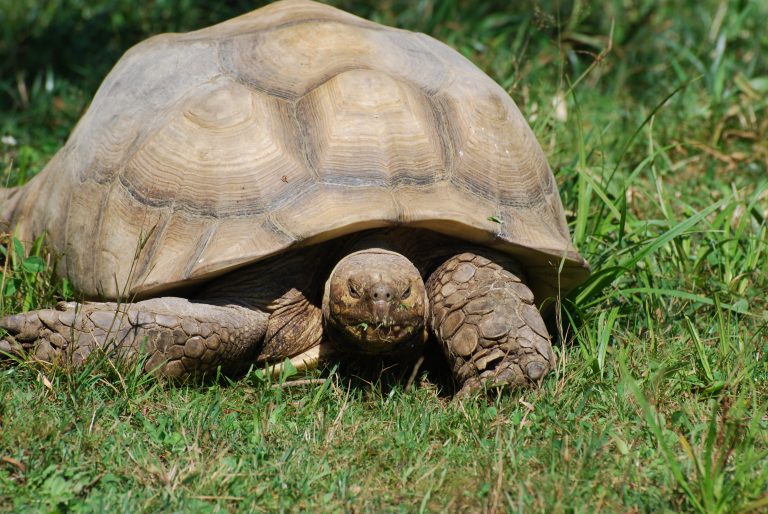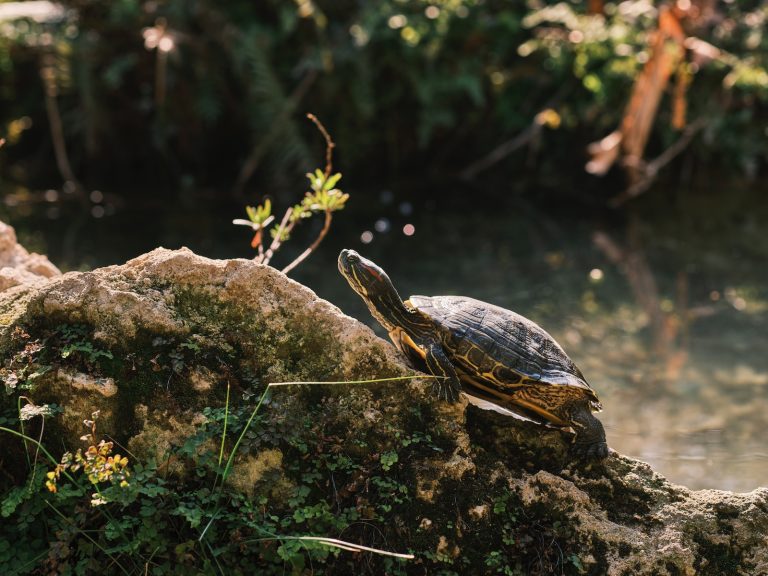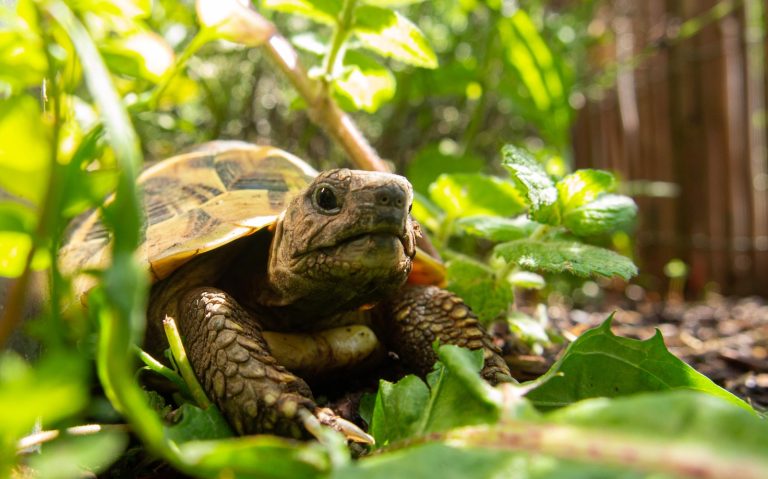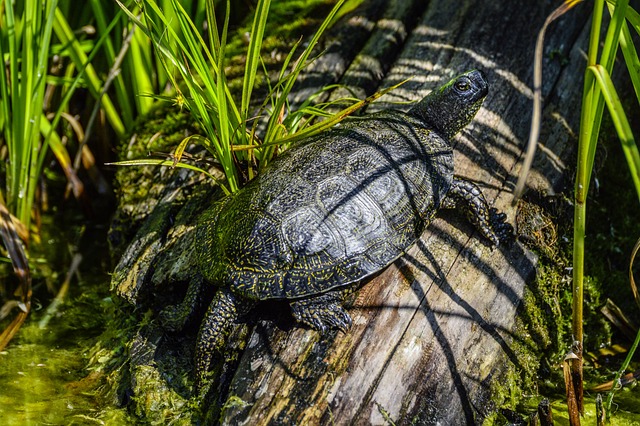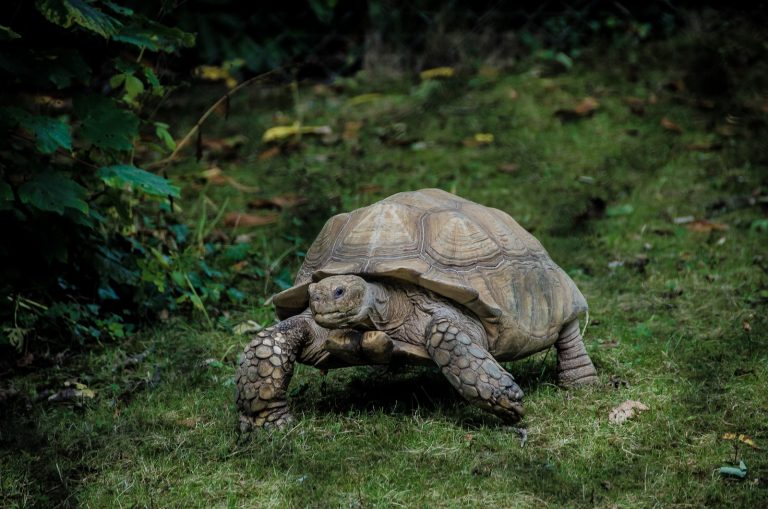Turtles are fascinating creatures that have been around for millions of years, with various species inhabiting different parts of the world. These reptiles have unique dietary requirements, and one question that often arises is whether they can safely consume grapes. In this article, we will explore the nutritional impact of grapes on turtles, shedding light on their safety and potential benefits or risks.
The Nutritional Value of Grapes for Turtles
Turtles, like any other living creatures, need a balanced diet to thrive. Grapes are renowned for their nutritional benefits for humans, but can these advantages extend to our shelled friends? Let’s delve into the nutritional value of grapes for turtles:
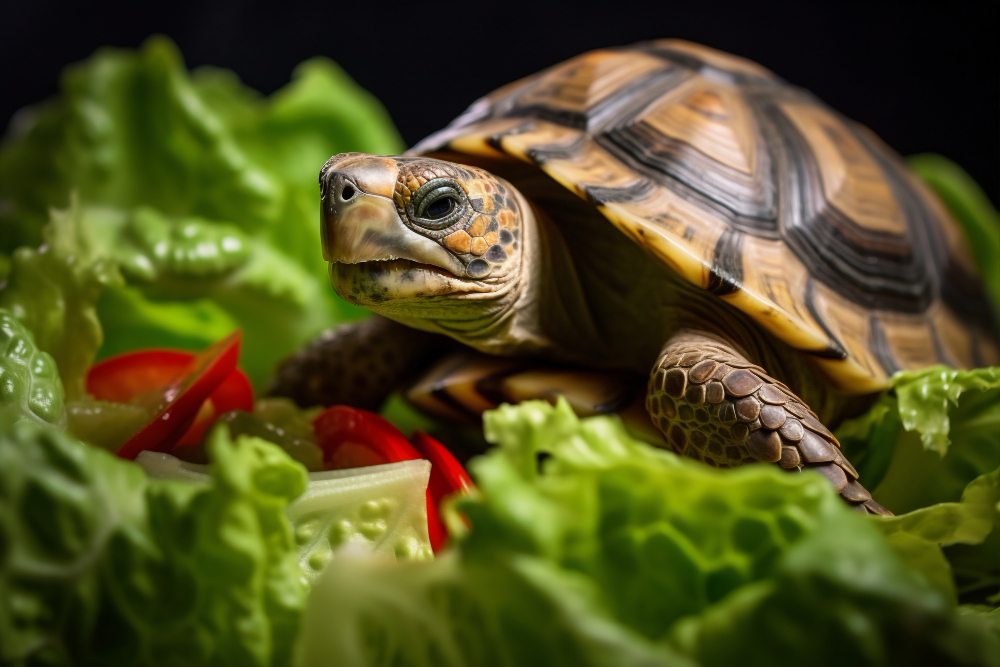
Vitamins and Minerals:
Grapes are a good source of essential vitamins like vitamin C and K, along with minerals such as potassium. These nutrients can contribute to a turtle’s overall health.
Antioxidants:
Grapes contain antioxidants like resveratrol, which can have potential health benefits for turtles by protecting against oxidative stress.
Water Content:
Grapes have a high water content, which can help keep turtles hydrated, especially in arid environments.
Exploring the Nutritional Impact: Can Turtles Safely Consume Grapes?
Now, let’s address the pivotal question: can turtles safely consume grapes? The answer isn’t straightforward and depends on several factors:
Species Variation:
Different turtle species have varying dietary requirements. While some may tolerate grapes better, others could experience digestive issues.
Age Matters:
Young turtles may have more delicate digestive systems, making grapes a potential choking hazard. Adult turtles might handle them better.
Frequency and Portion Size:
Feeding grapes as an occasional treat in small, bite-sized pieces is generally safer than making them a regular part of the diet.
Health Considerations:
Turtles with existing health conditions may not tolerate grapes well, so consult with a veterinarian for tailored advice.
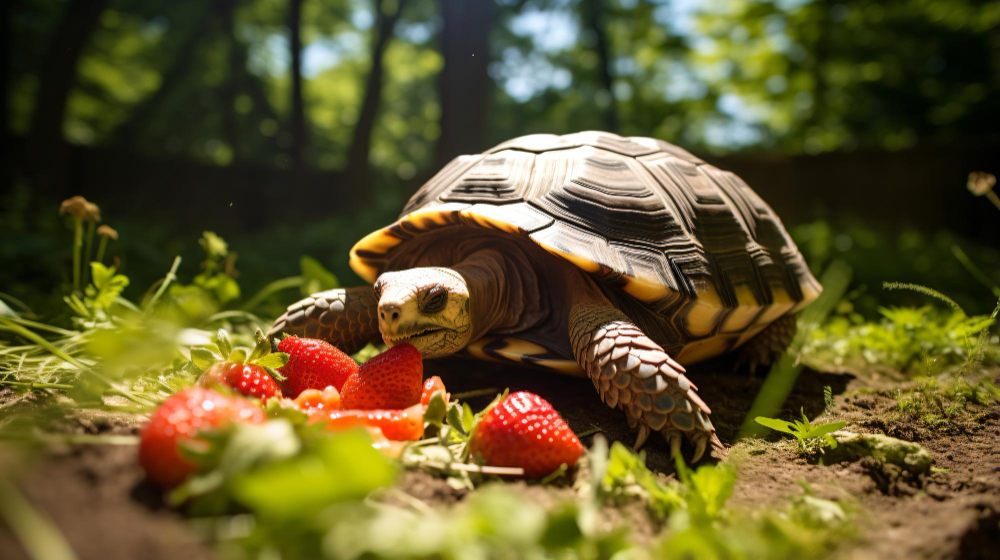
The Turtle’s Unique Nutritional Needs
Turtles are remarkable creatures with distinct nutritional needs shaped by their evolutionary history and habitat. Understanding these unique requirements is crucial for their health and well-being.
Turtles are ectothermic, meaning their body temperature is regulated by their environment. This impacts their metabolism, which is slower compared to mammals and birds. As a result, their nutritional needs are different:
Proteins:
Turtles need a source of lean protein for growth, tissue repair, and overall health. High-quality commercial turtle pellets or live prey like insects and small fish can provide this essential nutrient.
Calcium:
Adequate calcium is vital for a turtle’s shell development and maintenance. Incorporating calcium-rich foods such as leafy greens (e.g., kale and collard greens), calcium supplements, or cuttlebones into their diet is essential.
Vitamins and Minerals:
Turtles require a variety of vitamins and minerals for various bodily functions. Vitamin D3, for instance, aids in calcium absorption. A balanced diet that includes a mix of vegetables, fruits, and protein sources helps meet these needs.
Fiber:
Fiber is crucial for proper digestion. Turtles benefit from high-fiber vegetables like carrots and squash. It aids in the prevention of digestive problems.
Hydration:
Turtles often obtain their water from their food, but access to a clean water source for soaking is essential. This helps prevent dehydration and promotes healthy kidney function.

Factors to Consider: Turtle Species and Age
Turtle dietary requirements are not one-size-fits-all; they can vary significantly depending on the species and age of the turtle. Consider the following factors:
Species Variation:
Different turtle species have evolved to inhabit various environments and have adapted to specific diets. For example, herbivorous species like the red-eared slider primarily consume plants, while carnivorous species like snapping turtles rely on animal prey. Research your turtle’s species to understand its natural diet.
Age Matters:
Young turtles have different dietary needs than their adult counterparts. Hatchlings typically require more protein for growth, while adults need a more balanced diet. Providing age-appropriate food is crucial for their development.
Special Cases:
Some turtles, like the Eastern box turtle, are omnivores, meaning they eat both plant and animal matter. Knowing your turtle’s dietary preferences and any specific dietary restrictions is essential.
Consulting a Veterinarian:
If you’re unsure about your turtle’s dietary needs, it’s wise to consult with a veterinarian who specializes in reptiles. They can provide tailored advice based on your turtle’s species, age, and health condition.
Frequently Asked Questions (FAQs)
Q: Are grapes toxic to turtles?
A: Grapes can be toxic to some turtles, particularly in large quantities. It’s best to consult a reptile expert or veterinarian for species-specific advice.
Q: How should I prepare grapes for my turtle?
A: Wash grapes thoroughly and remove seeds if possible. Cut them into small, manageable pieces to prevent choking hazards.
Q: Can turtles have grape leaves or stems?
A: While the fruit itself is the focus, grape leaves and stems can also be a part of a turtle’s diet in moderation. Ensure they are pesticide-free.
Q: Are there any alternatives to grapes for turtle treats?
A: Yes, there are safer alternatives like leafy greens, small insects, or commercial turtle treats that are specially formulated for their dietary needs.
Q: What are the signs of grape toxicity in turtles?
A: Signs may include lethargy, vomiting, diarrhea, or difficulty breathing. If you suspect grape toxicity, seek immediate veterinary care.
Q: Can turtles eat other fruits?
A: Yes, many turtles enjoy a variety of fruits like strawberries, melons, and blueberries. Always introduce new foods gradually and in moderation.
Conclusion
In conclusion, exploring the nutritional impact of grapes on turtles reveals a nuanced picture. While grapes can offer some nutritional benefits, their safety depends on factors such as turtle species, age, and overall health. It’s essential to exercise caution, offer grapes in moderation, and monitor your turtle’s response. When in doubt, consult with a reptile expert or veterinarian to ensure the well-being of your shelled companion.
